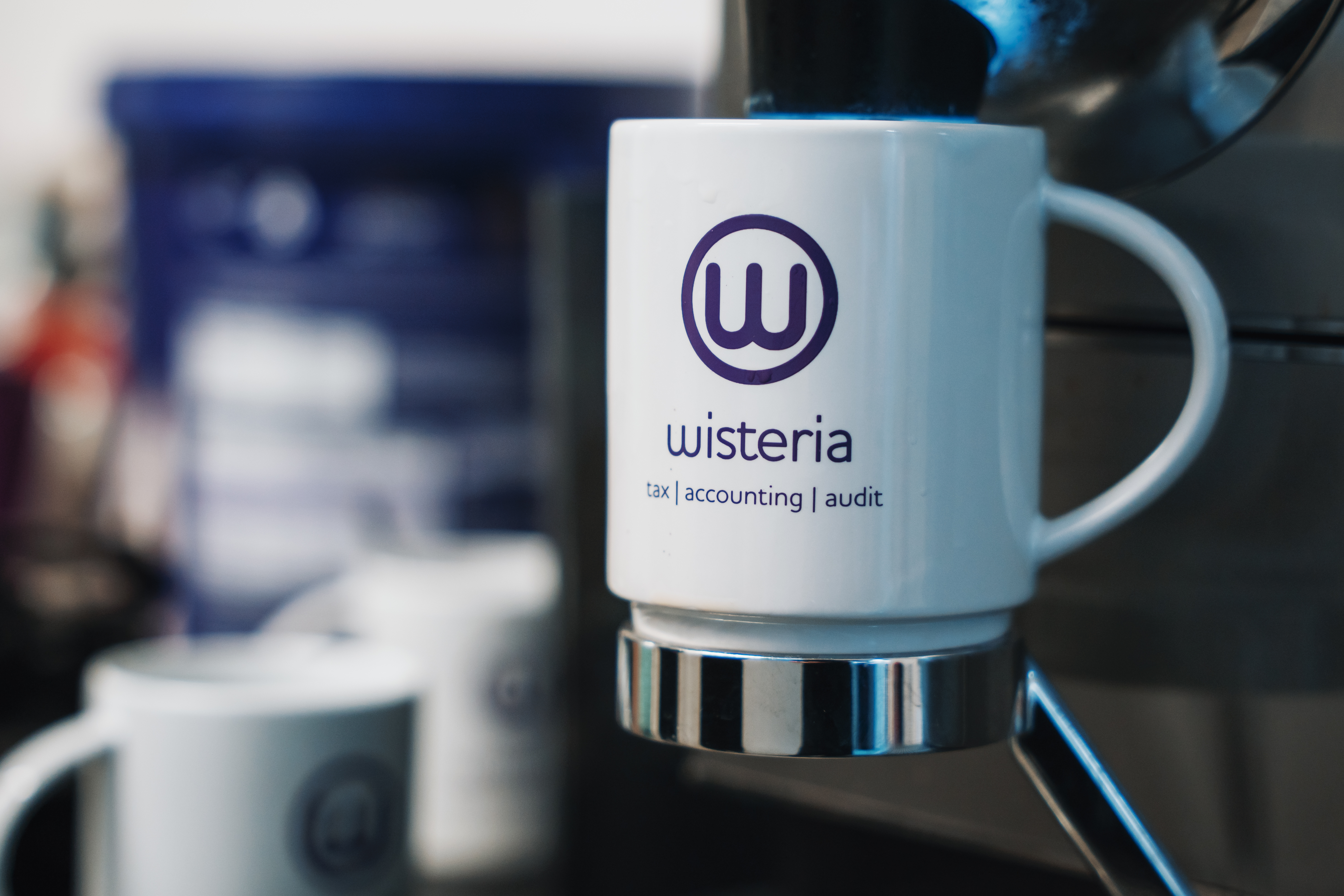News & Press
We want to share some of our accumulated knowledge with you! Stay up to date with the world of finance and accountancy and learn some tips and tricks that you’ll be able to apply to your business.
If you want to learn any more about any of the subjects we’ve covered, from small business tax advice, to how to complete a financial audit, get in touch today or visit our services page.











